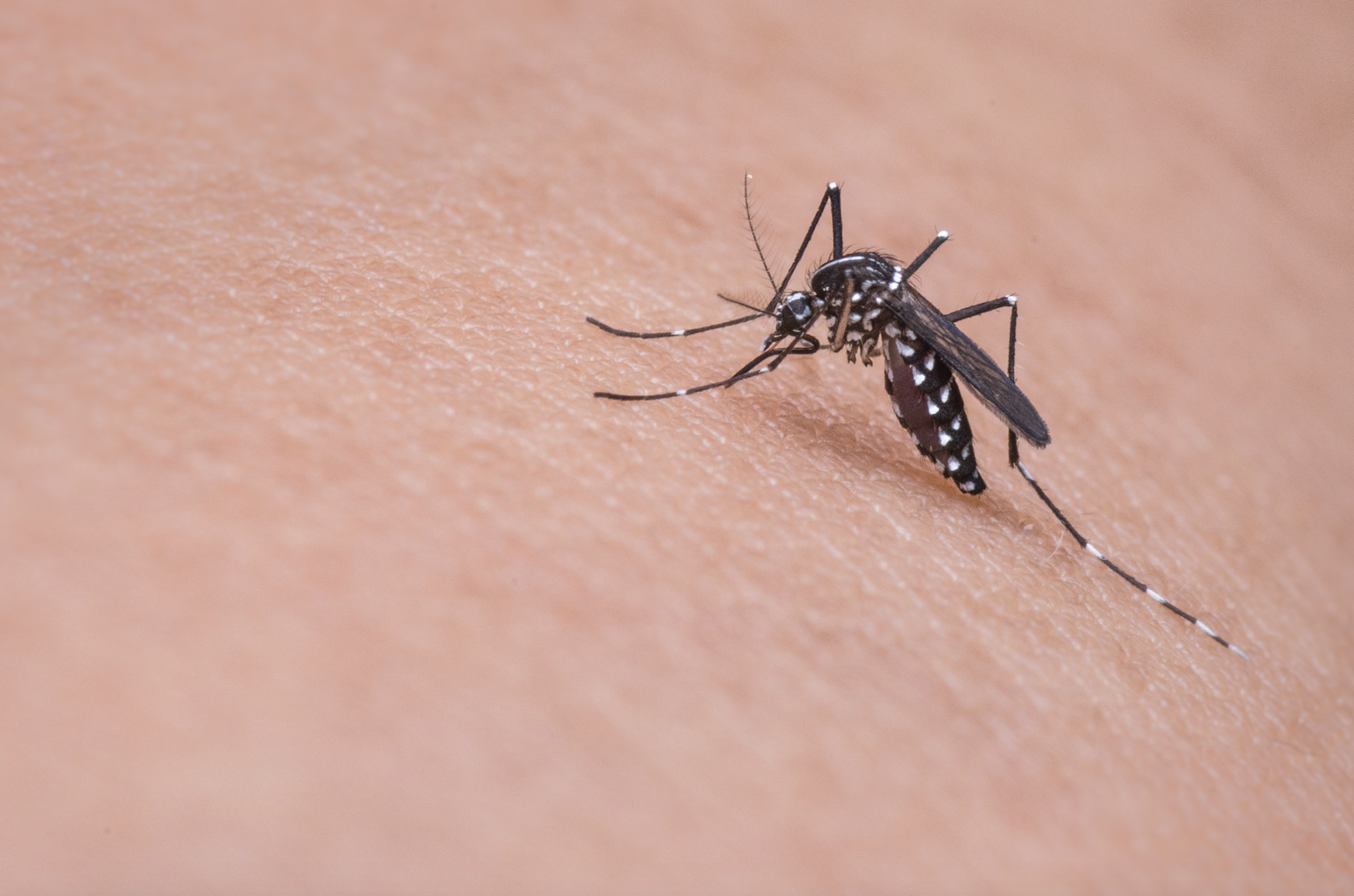Photo: The West Nile virus is back once again. (Image by mika mamy from Pixabay)
In what has become an annual summer resurgence, the Massachusetts Department of Public Health announced last week that the West Nile virus has been detected in mosquitos recently collected from Belmont.
WNV is most commonly transmitted to humans by the bite of a mosquito infected with the virus. While WNV can infect people of all ages; people over 50 are at higher risk for severe infection.
There are a few precautions people can do to help to protect themselves and their families:
Avoid Mosquito Bites
- Be aware of peak mosquito hours: The hours from dusk to dawn are peak biting times for many mosquitoes. Consider rescheduling outdoor activities that occur during evening or early morning.Otherwise, take extra care to use repellent and protective clothing.
- Clothing can help reduce mosquito bites. Although it may be difficult to do when it’s hot,wearing long-sleeves, long pants and socks when outdoors will help keep mosquitoes away fromyour skin.
- Apply insect repellent when you go outdoors. Use a repellent with DEET (N, N-diethyl-m-toluamide), permethrin, picaridin (KBR 3023), IR3535 or oil of lemon eucalyptus [p-methane 3,8- diol (PMD)] according to the instructions on the product label.
Mosquito-Proof Your Home
- Drain Standing Water: Mosquitoes lay their eggs in standing water. Limit the number of placesaround your home for mosquitoes to breed by either draining or getting rid of items that hold water. Check rain gutters and drains. Make sure rain barrels are covered or screened. Empty any unused flowerpots and wading pools, and change water in birdbaths frequently.
- Install or Repair Screens: Some mosquitoes like to come indoors. Keep them outside by having tightly-fitting screens on all of your windows and doors.
Information about WNV and reports of WNV activity in Massachusetts during 2020 can be found on the MDPH website at https://www.mass.gov/info-details/massachusetts-arbovirus-daily-update








Leave a Review or Comment